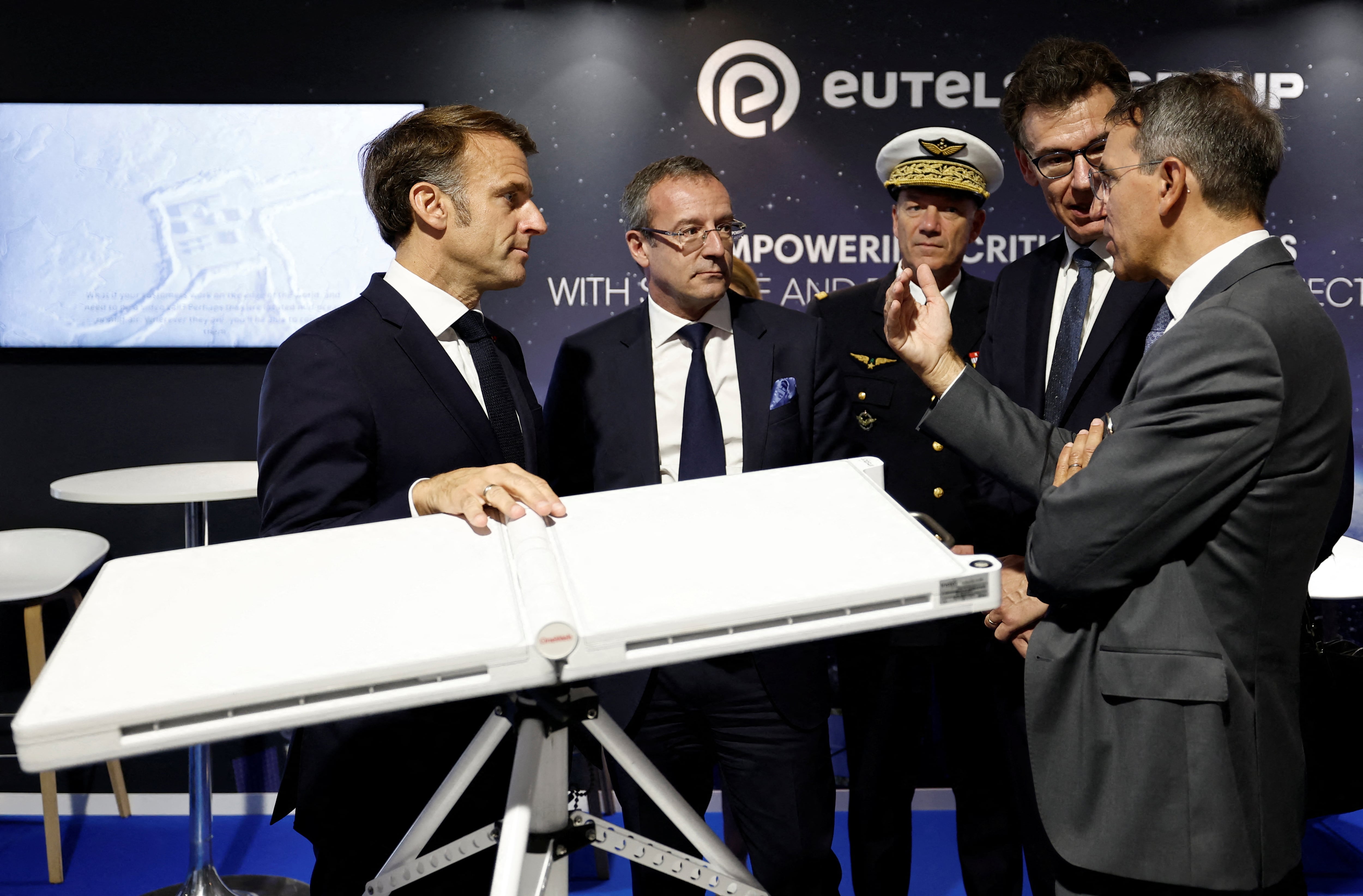WASHINGTON — September’s Zapad exercise, which saw forces from Russia and Belarus training along NATO’s eastern flank, confirmed to a top Polish defense official that his country’s modernization strategy is on the right track.
Poland was among the most vocal NATO nations warning about Zapad. For example, Tomasz Szatkowski, Poland’s deputy minister of national defense, told Defense News in a June interview that his country would be watching the exercise closely, as “such exercises create sometimes conditions for aggressive action.”
Now that the exercise concluded without an invasion into NATO territory, however, Poland is able to take a step back and assess what was learned from the activity. And the good news for Warsaw is that what they saw largely fit into their 2016 Strategic Defence Review, which is driving modernization priorities for the Eastern European nation.
Speaking to Defense News during a Dec. 5 visit to Washington, Bartosz Kownacki, the secretary of state within Poland’s Ministry of Defence, said that while every Russian exercise “brings new data,” Zapad did not feature many surprises — and will not result in major changes to its existing modernization plan.
“Zapad simply confirmed that our analysis that we conducted were the correct ones,” Kownacki said through a translator. “The conclusions after Zapad simply corroborated our conclusions from this Strategic Defence Review.”
That classified review included a major modernization push on intelligence aircraft, missile defense systems such as the American-made Patriot, and submarines, as well as an increase in electronic warfare capabilities. The latter is notable, as several nations expressed surprise at some of the EW focus that Russia had during its exercise.
While declining to discuss Poland’s EW capabilities directly, Kownacki did say that what they saw from Zapad would not “greatly influence” what his country was already doing in that sector.
One thing that did catch Kownacki’s attention was the political reaction to Zapad among NATO nations.
“Certain countries, even in the European Union, they don’t see this result, this political aspect, and there were really a lot of soldiers used in the exercises,” he said, later adding that “in other European countries, in the countries belonging to the so-called Old Europe, this threat is maybe not perceived — they treat this threat in a different manner.”
Kownacki also expressed his belief that Poland has done enough to open its borders and allow NATO troops to quickly flow into the country should a major conflict arise, a logistical hurdle that has been a major focus for Warsaw over the last two years.
Aaron Mehta was deputy editor and senior Pentagon correspondent for Defense News, covering policy, strategy and acquisition at the highest levels of the Defense Department and its international partners.







